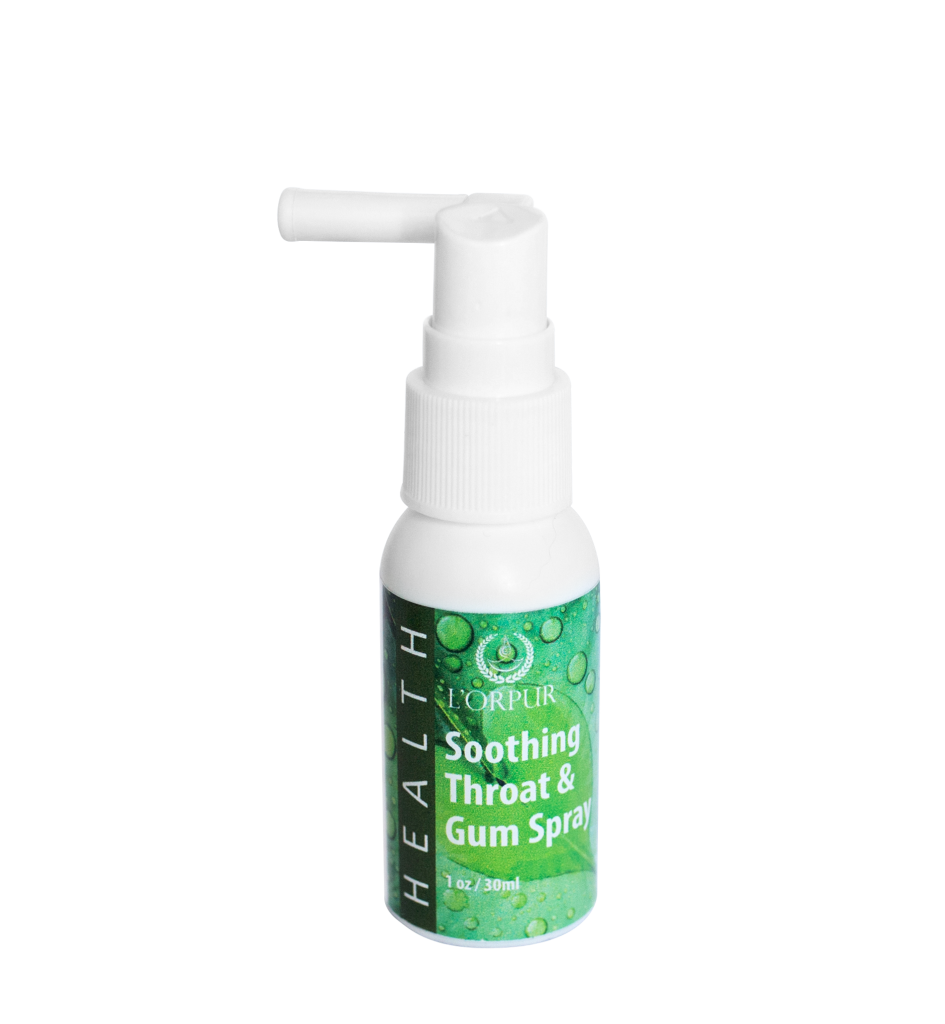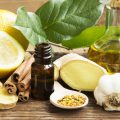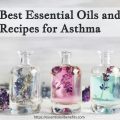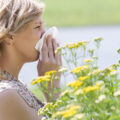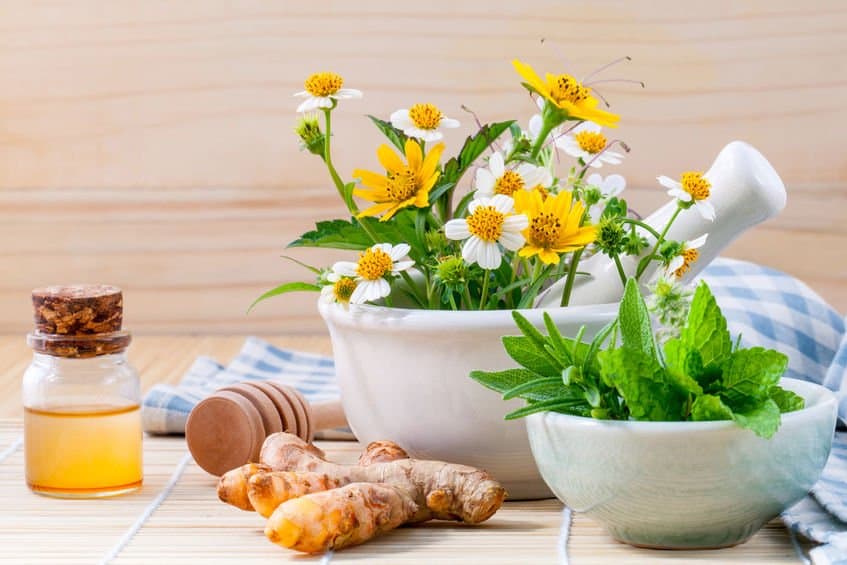
Dating back centuries, people have used essential oils to counteract the effects of common colds. These natural extracts come from various parts of aromatic trees, grasses, and herbs. More specifically, manufacturers get these oils from roots, leaves, stems, flowers, barks and even fruits. Typical applications are adding to bath water, diffusing them in air, and applying them to the skin. The healing properties of these plant extracts make them suitable for boosting the immune system so that the body can fight back common infections like colds.
First Things First, What Is A Cold?
A cold is a mild infection that occurs in the nose, throat, sinuses and also in the voice box. Individuals who are suffering from colds experience a miserable combination of a runny nose and stuffy head that make regular activities like work or study difficult to accomplish. This infection is typically known as the common cold since it is a seasonal respiratory infection. Most people are likely to get infected with the virus during the colder weathers of the year when common cold cases are on the rise.
What Causes A Cold?
Numerous myths exist surrounding the causes of the common cold such as going outside with wet hair, but scientific facts dictate that a cold occurs as a result of many virus strains, the most common one being rhinovirus. An interesting fact is that one cannot contract the same virus twice even when the severe episodes recur at short intervals. The body becomes immune to each strain it tackles, but you are still susceptible to another two hundred plus strains out there.
Rhinovirus spreads in two ways; by getting in contact with infected people, for instance in a closed environment like an elevator, classroom, public transportation, and even on the streets. The second way of contracting the rhinovirus is through indirect contact with objects in the environment where the virus finds its way to the body openings like the mouth or nose.
Droplets of moisture carrying cold viruses neutralize on absorbent material like tissues and fabrics. However, these moisture droplets remain intact when they land on metallic and glass surfaces like mobile phones. Therefore, it is advisable to apply a spot of sanitizer as often as possible throughout the day.
According to the National Sleep Foundation, people who sleep for six hours or less per night increase the risk of contracting a cold by four times, after getting exposed to the virus either directly or indirectly. The study also concluded that our lifestyle habits have a positive impact on the immune system. Habits like poor diets, crash diets, excessive intake of alcohol, and smoking increase the chances of contracting cold infections. Lack of regular physical exercise increases your chances of contracting diseases.
Researchers at Appalachian State University found that respondents who worked out at least five days a week were less likely to contact the common cold or report cases of extreme symptoms, as compared to those who only worked out once per week.
How Long Does A Cold Last?
Typically, a cold resolve on its own after only a few days if the immune system is strong. However, there are cases where patients will suffer for more than ten days. When this happens, the patient is prone to developing pneumonia particularly if there are other underlying health problems previously unknown to them. In the duration of the cold, the sufferer experiences a range of symptoms such as congestion, sore throat, sneezing, low-grade fever, runny or stuffy nose, hoarse voice, and malaise. The latter refers to a general feeling of discomfort or uneasiness that can result from different conditions like the common cold.
Difference Between A Cold And Flu
The flu is a viral infection brought on by influenza which is a respiratory virus, while a cold arises from a viral infection by the adenovirus or coronavirus. While colds last for seven or ten days, the flu can extend to three or four weeks with persistent symptoms like shaking chills and profound fatigue even after the flu is long gone. Young children may experience vomiting and diarrhea.
There is no cure or vaccine for colds, but you can prevent the flu by vaccinations and treat them with OTC decongestants and pain relievers or antiviral drugs to shorten the duration of the flu or prevent complications like pneumonia. Also, influenza is more pronounced that colds, as it affects the lungs, joints and leads to respiratory failure, pneumonia, and fatalities. The flu causes epidemics and pandemics while a cold is simply a nuisance to the normal schedule.
Homemade Remedies For Colds
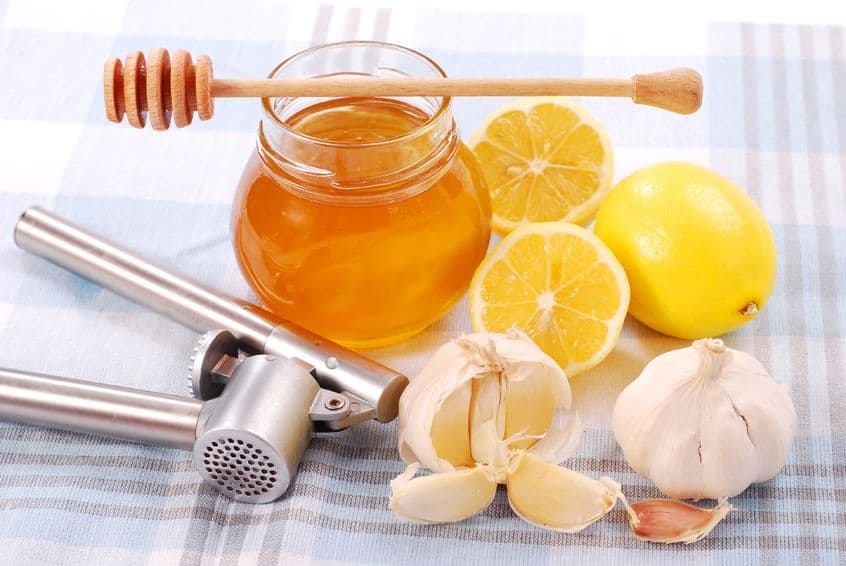
While there is no real cure for the cold, many people have succeeded in dealing with the nagging symptoms by taking various homemade remedies. A popular concoction for adults suffering from a cold is the classic hot toddy made by mixing whiskey, honey, lemon juice and hot water in a glass. Each ingredient helps to alleviate different signs that the sufferer may be experiencing. Hot water helps to ease nasal congestion, similar to the effect of taking a hot bowl of chicken soup that works as an anti-inflammatory agent.
Sniffling is the last thing you want when preparing for a big presentation with a new client. Take a dash of whiskey to get rid of this annoying symptom. The science behind this is that alcohol dilates the blood vessels by a few inches thus making it easier for the mucus membranes to deal with the common cold. Since alcohol is a diuretic, adults who prefer this method of treatment should rehydrate by consuming other non-alcoholic beverages like tea, water, juice or milk. Vitamin D found in milk boosts your energy when the body is fighting off pathogens.
1. Honey
Serving honey on its own is another remedy that works well, especially for young children. A study published in the Journal of Pediatrics showed that a spot of honey helps to alleviate nighttime coughs in children aged one year and above. Buckwheat honey helps children sleep well even they are battling a cold. Honey acts as a moisturizer to the dry and irritated lining of the throat, and its sweet nature makes it appealing to preschoolers and older kids.
2. Turmeric
Herbs are another alternative when dealing with the common cold. Turmeric is a bright orange powder that is the main spice used in curry. This herb has healing properties owing to the presence of curcumin, an antioxidant. Even though this herb does not treat colds, it helps to alleviate the symptoms. The effectiveness depends on how much curcumin the body can absorb. Therefore, individuals who choose this mode of reducing cold symptoms should consume several cups of turmeric tea or lattes. You can also try vitamin C, Echinacea, and garlic.
Best Essential Oils For Colds
Let’s now dive into the world of essential oils and start with the best single essential oils that are used to treat colds.
1. Peppermint essential oil
Peppermint is one of the most popular oils that helps to winter ailments due to its antiviral and antibacterial properties. This natural extract has menthol as the primary ingredient, and this contributes to relaxing the respiratory track, and stop coughs by thickening the mucus. Menthol is the primary component in this oil, and it helps to soothe tired muscles thus relieving fatigue that usually occurs when a sick person stays dormant for many days at a time. According to a study published in the Journal of Ethnopharmacology, peppermint essential oil can help relieve colds owing to its antispasmodic activities.
All essential oils are highly concentrated, therefore prior to use, it should be diluted with a carrier oil such as jojoba or almond oil. Please be careful and increase the dilution by at least twice when using peppermint oil on very young children.
When using peppermint oil to treat the effects of colds, you can opt to massage two to three drops of peppermint directly on the chest, but remember to use a carrier to dilute, or put a few drops of peppermint into the humidifier which helps to spread the menthol thus clearing lung congestion or sinuses. Alternatively, try steaming by boiling water in a pot then adding a few drops of peppermint. Drape a towel to cover your head and contain the steam, so it creates a macro-environment of hot medicinal air. For optimal results, you may wish to add a few drops of eucalyptus and rosemary oil into the boiling water.
2. Thieves essential oil
The name of Thieves oil refers to the Black Death in the fifteenth century when thieves would smear this oil all over their bodies to protect them from contracting the bubonic plague as they robbed cemeteries. This essential oil blend comprises of natural extracts such as cinnamon bark, eucalyptus, rosemary, clove and lemon, all combined to form a robust oil.
Thieves oil has antibacterial, antiviral, and antiseptic properties that make it ideal for treating a list of infections including the common cold by using it as a sore throat spray to help alleviate the pain of throat irritations. Thieves oil works by blocking the protein synthesis of a virus, so it does not spread in the body.
According to a study by Weber State University, Thieves essential oil has a ninety-nine percent ability to kill airborne bacteria when out in a diffuser. Besides purifying the air, this oil helps to boost the immune system thus assist the body fight common ailments like colds. You can consume this oil by gargling a mixture of Thieves oil, water and a pinch of salt. This mode of consumption promotes easy absorption into the mucous membrane of the respiratory tract. You can also apply this oil on the chest or back to cure common colds. Dilute with a suitable carrier oil (almond or olive oil) to negate the risk of developing skin rashes. If you are around sick people, bring a small bottle of Thieves oil and apply it on your feet or the back of the neck.
3. Oregano essential Oil
This natural extract has antiviral properties, and it is part of the mint family that comprises of Peppermint, Sage, Lemon balm, and Thyme. Researchers have acknowledged the effectiveness of this essential oil in treating common colds and flu viruses.
Oregano oil helps the lungs recover from colds by thinning the mucus hence clearing the airwaves to restore regular breathing patterns. This oil boasts of over fifty active compounds that help to boost the immune system in one way or the other. It is laden with vitamins A and C which are useful for promoting respiratory health. The drying properties of this oil help to keep the respiratory tract free of mucus. You can also use oregano essential oil to manage respiratory conditions like asthma, whooping cough, and pneumonia. When using oregano oil to treat common colds, I would recommend using a combination of this oil and other herbs such as pleurisy root, horehound, and mullein.
4. Juniper Berry essential oil
This essential oil has a sweet smell that mimics the smell of wood. Juniper oil comprises of more than eighty-seven active ingredients that have antibacterial, antiviral, and antimicrobial agents, which makes it ideal for curing respiratory infections and sore throats. This oil is famous for treating infections that are resistant to antibiotics. People who suffer from bouts of bronchitis can consume juniper oil through a diffuser. I would recommend using this natural oil in tandem with eucalyptus to treat acute chest colds. This robust formula works by relieving bronchial inflammation, loosening the mucus so the body can remove it, and lessen the coughing reflex which in turn reduces the discomfort that comes with severe episodes of chest colds.
Essential Oil Recipes For Colds
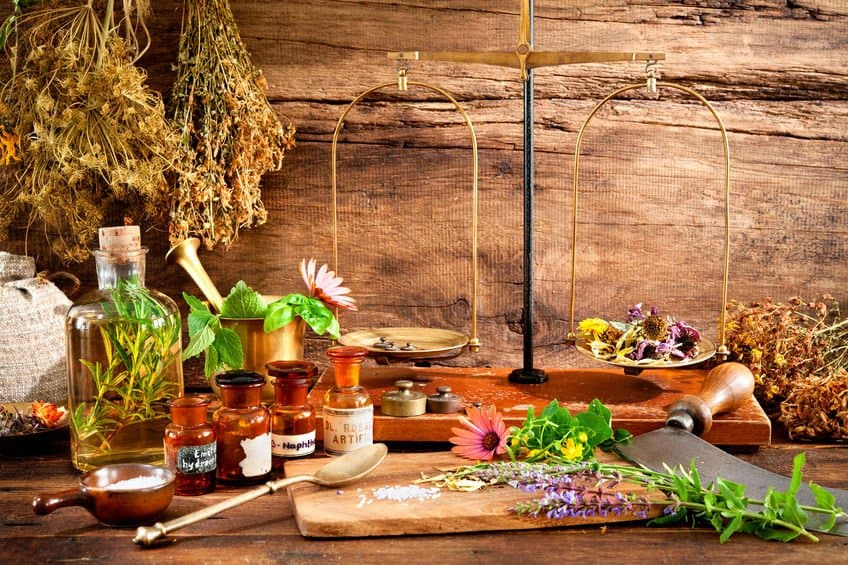
Essential Oil Recipes For Colds In Babies
If your infant has a cold, diffuse essential oils in a bowl of boiling water. Try cinnamon leaf, ginger, or thyme to treat children aged six months and above. Place the mixture in the baby’s nursery so that he or she can inhale it. Be mindful and only use 1-2 drops of essential oils and dilute as appropriate.
Essential Oil Recipes For Colds In Children
If your child is suffering from congestion, add a few drops of peppermint or eucalyptus oil to the bath water or in the humidifier in his room. Alternatively, you can rub the oil on the chest area, neck and back. Always dilute 2-3 drops of essential oils in 1 tsp of carrier oil, such as sweet almond oil prior to application. Also, do a skin test patch and further, do not use essential oils on broken skin or near sensitive areas like the eyes or mouth.
Essential Oil Recipes For Colds In Adults
Boil water and put it in a bowl. Add four to five drops of basil or eucalyptus, peppermint or any other choice of essential oil that treats colds. For an effective decongestant, add equal parts of basil, peppermint, and silver fir (2 drops each) essential oils. Lean over the bowl and contain the steam by placing a towel over your head for a few minutes.
Essential Oil Recipes For Head Colds
Taking a dose of five hundred milligrams of oregano oil twice per day is sufficient in treating head colds. Alternatively, you can take ten grams of elderberry twice a day until your head cold clears.
Conclusion
Essential oils are a natural remedy that comprises of many healing properties that make them ideal for managing common ailments and discomforts among adults, kids, and even babies. Stock your medicine cabinet with a range of natural oils for use around the home. And always remember that it is imperative that you dilute essential oils like peppermint with suitable carriers like jojoba oil.

